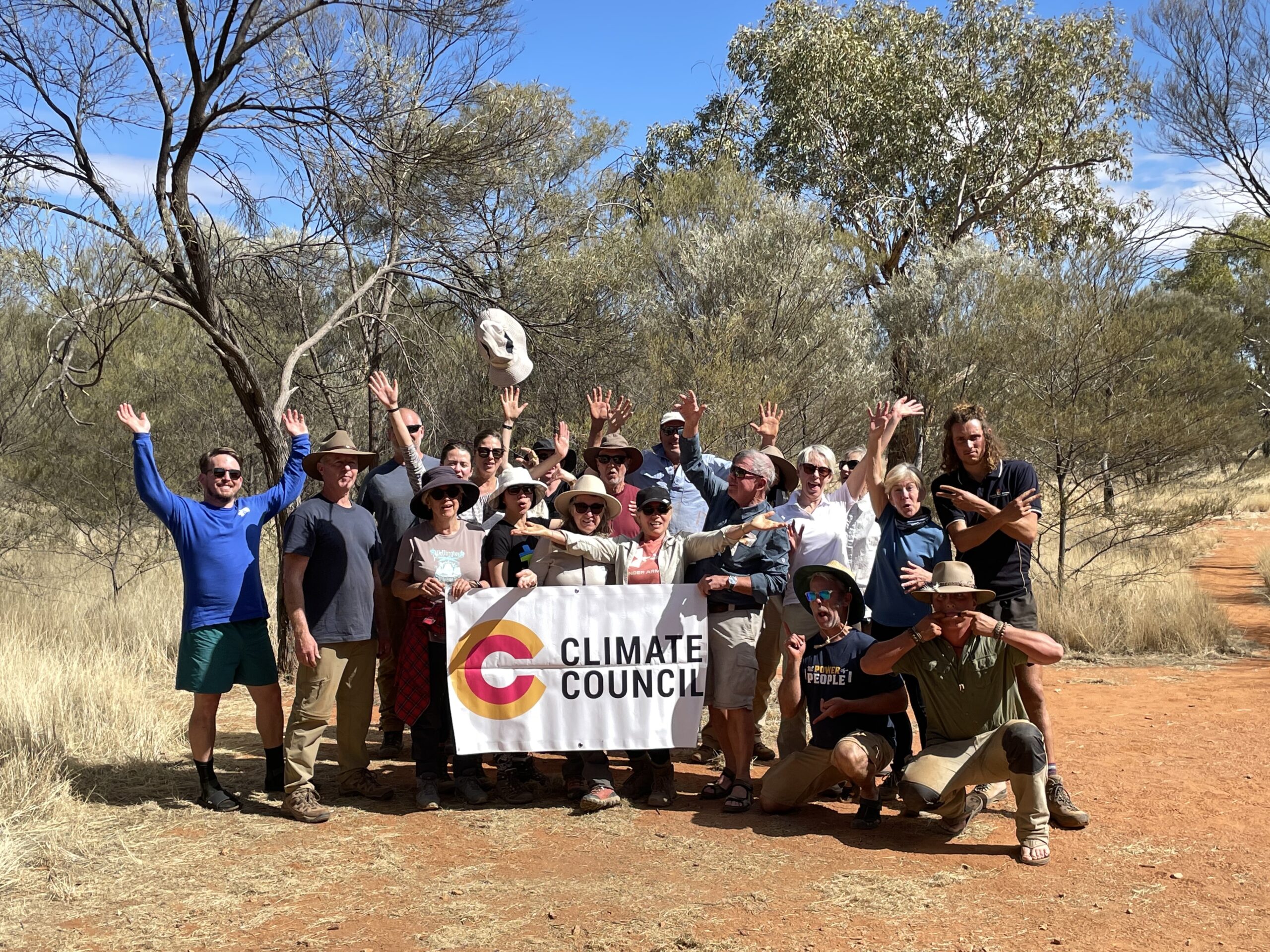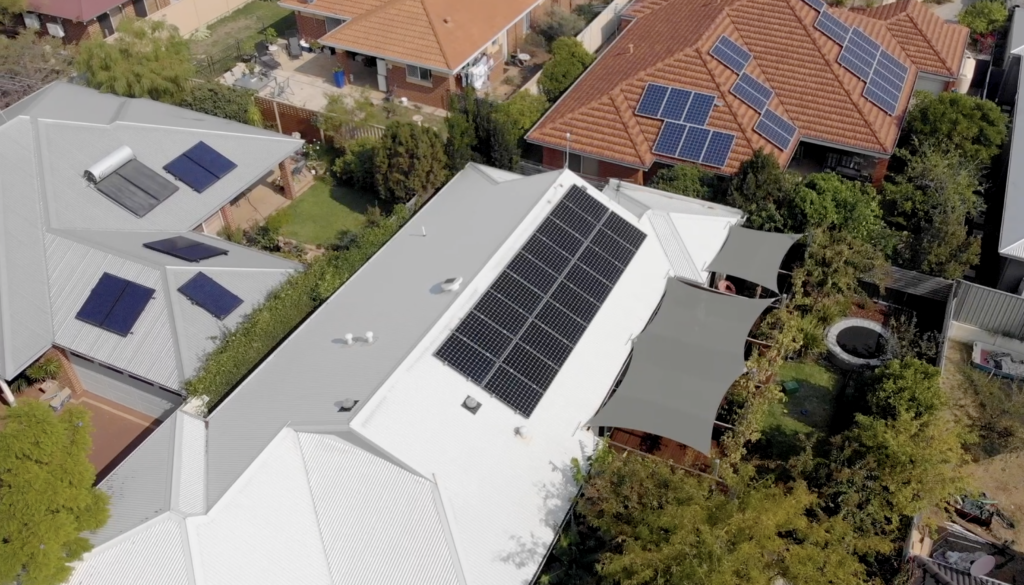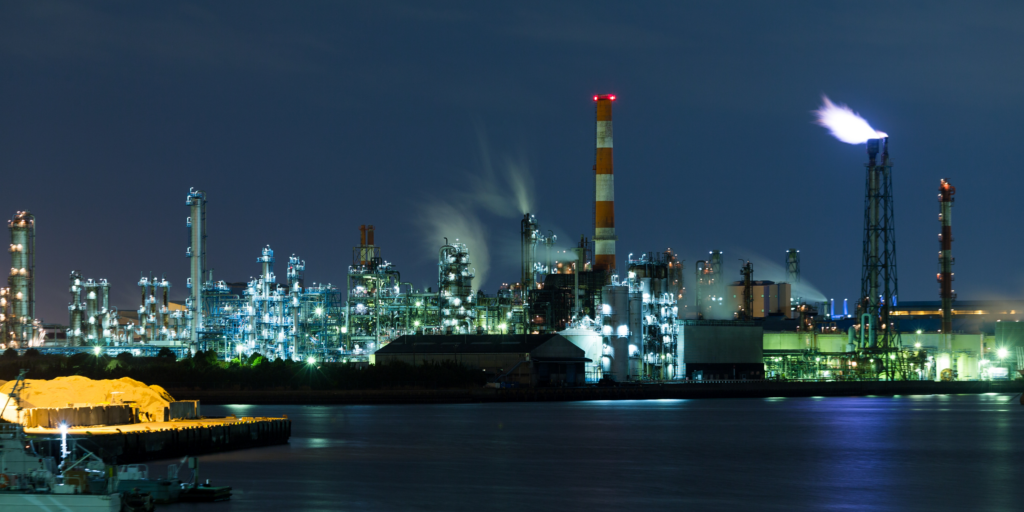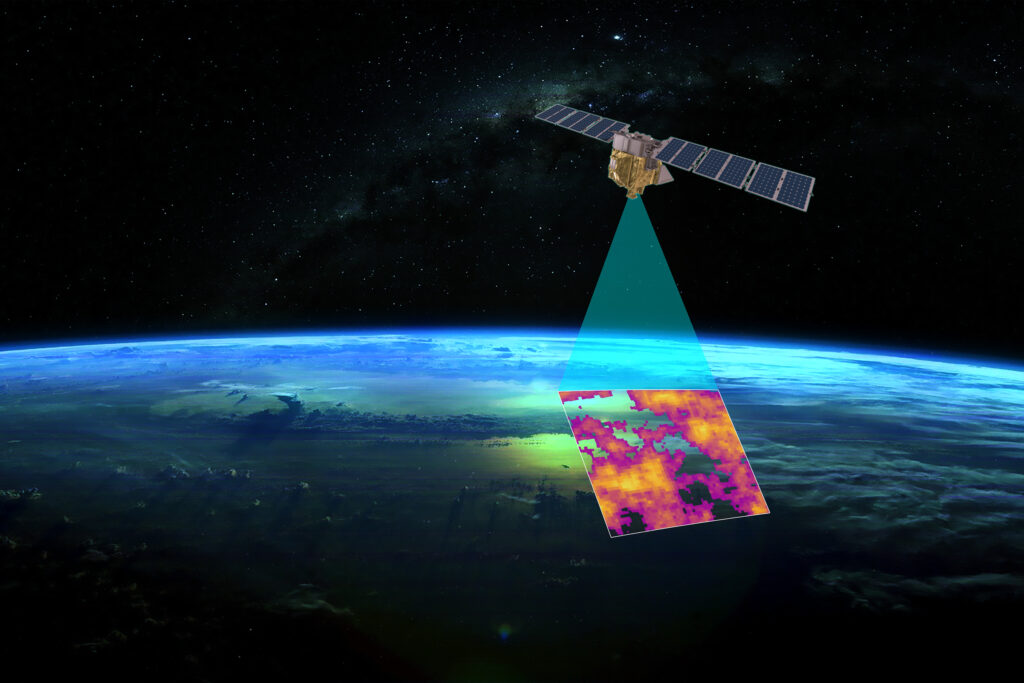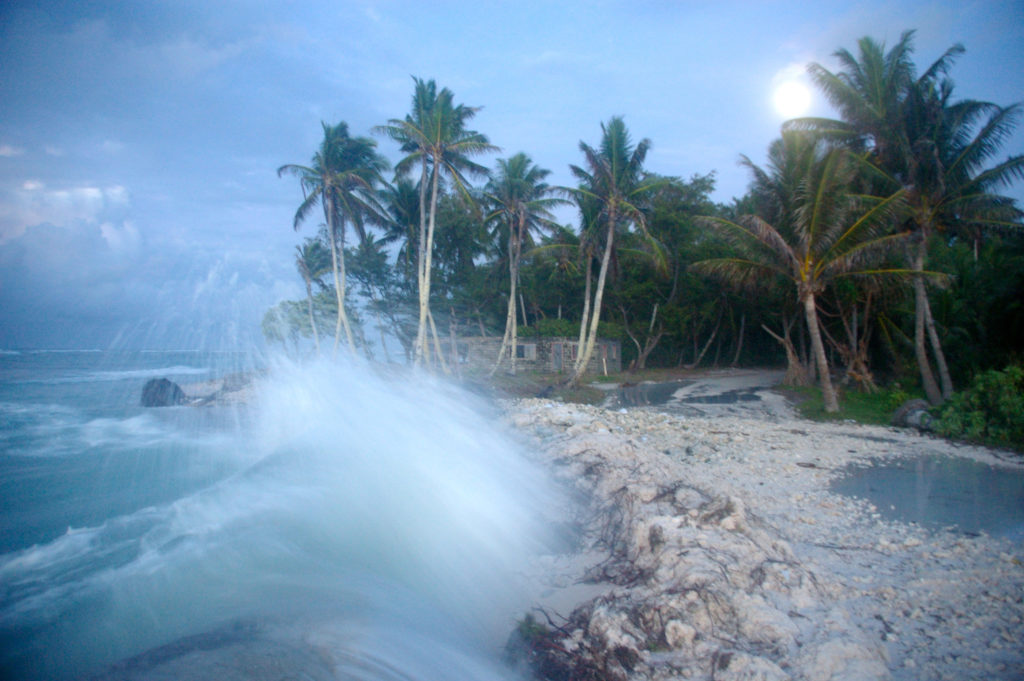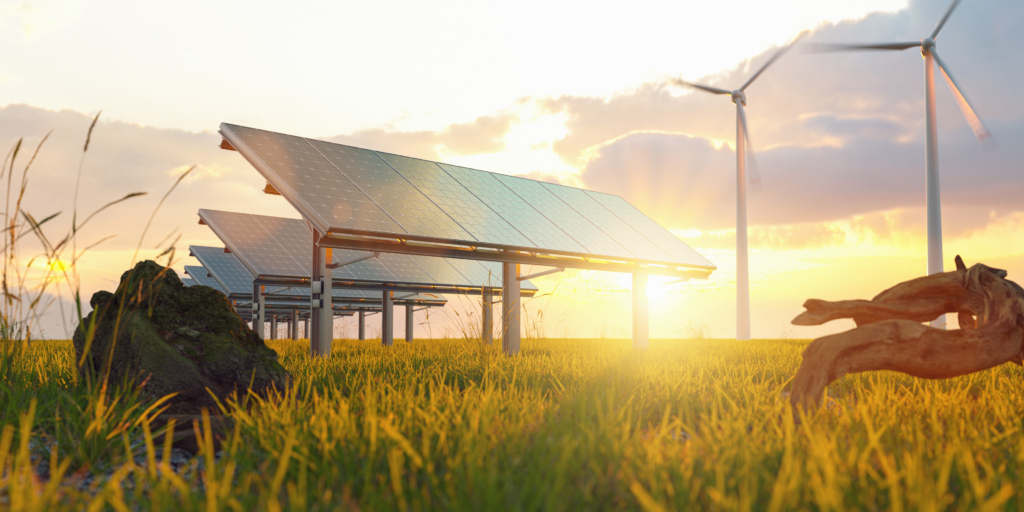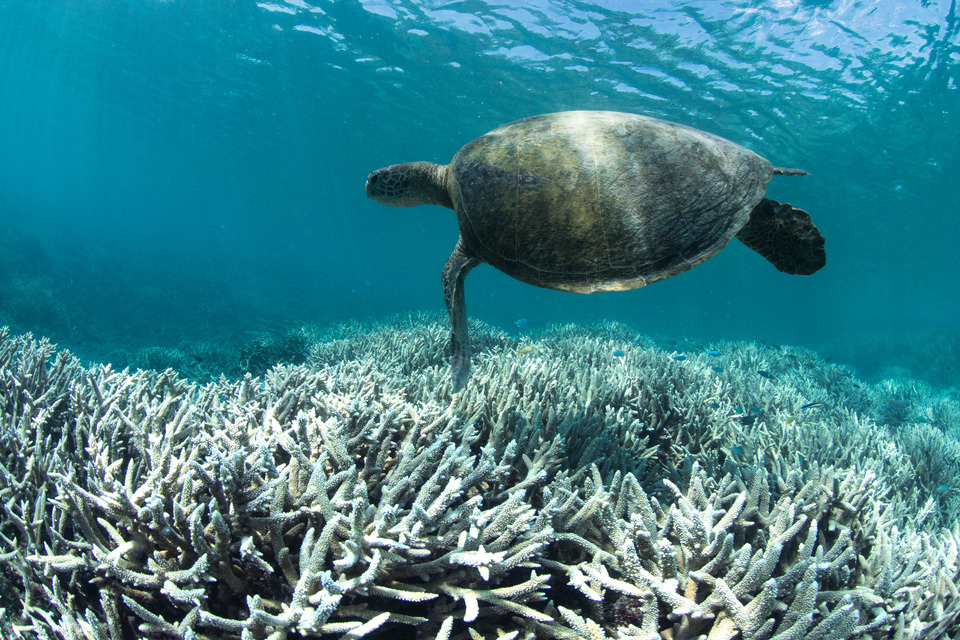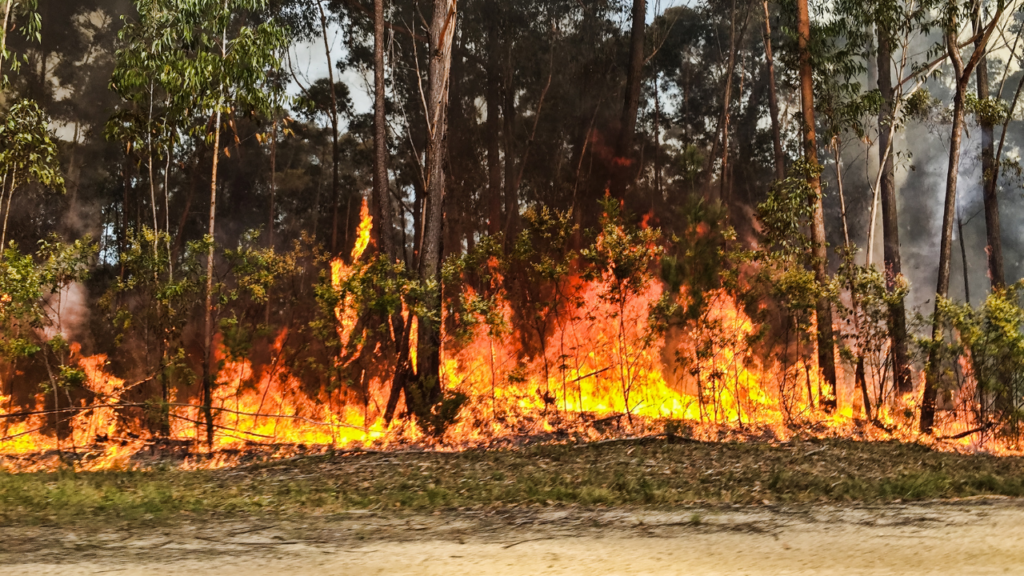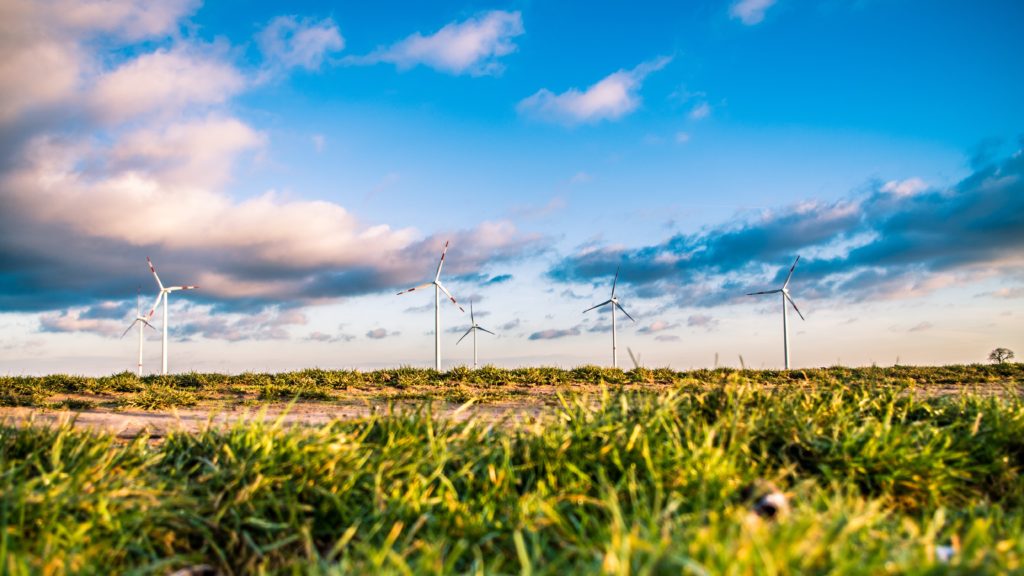Ten years ago, on September 19th, 2013, the Abbott Government abolished the Climate Commission, an independent body established in 2011 to communicate reliable and authoritative climate information. Just five days later, the independent Climate Council was launched thanks to the biggest crowd-funding campaign of its time: more than 16,000 Australians pitched in over $1.1 million dollars in just 10 days to bring the organisation to life.
Fast forward ten years and hundreds of thousands more have joined Australia’s leading independent voice on climate science, solutions and action as part of the Climate Council community. Together, we have shifted national attitudes and catalysed climate action at every level of government.
Over the past decade, the Climate Council has produced 164 reports, its experts have featured in more than 230,000 media reports, the team has trained more than 1,500 spokespeople to set the record straight on climate change, and we have grown our online community to over 550,000 Australians, many of whom have been with us every step of the way.
Our successes – of which there have been far too many to count – have only been made possible thanks to YOU! On the Climate Council’s tenth anniversary, join us for a stroll down memory lane as we take a look back at ten of the major moments.
10. Hosting the first ever Australian Climate Security Summit
In 2015, Australia’s top defence and national security experts gathered in Canberra for Australia’s first National Climate Security Summit. The Summit, hosted by the Climate Council, occurred as Australian defense forces were expected to soon be called upon to provide assistance to the unfolding humanitarian crisis in Papua New Guinea, where a devastating drought had caused widespread crop damage and water shortages.
The Climate Council’s report, Be Prepared: Climate Change, Security and Australia’s Defence Forces had found Australia’s defense forces were already under pressure from increased need for humanitarian assistance in response to extreme weather events, worsened by climate change.
Following the coverage of this event, Admiral (Ret) Chris Barrie went on to form the Australian Security Leaders Climate Group and the Australian Government eventually included climate change in its white paper on national security in 2016.
9. Growing the good
Since 2013, the Climate Council has experienced huge growth and, thanks to our community of donors, we have had the opportunity to branch out strategically, in order to target specific levels of government and utulise strong community voices:
Climate Media Centre:
In 2015, the Climate Media Centre (CMC) was established to localise and personalise climate change impacts and solutions for Australians. Since then, the CMC has supported more than 1500 spokespeople and assisted with tens of thousands of pieces of media coverage.
The Climate Media Centre (CMC) connects journalists with powerful stories about people and places affected by climate change now, as well as inspiring tales of those taking action to fix the problem. Its creation has allowed us to be at the forefront of highlighting climate risks to things like farming, food, sport and human health. Our Climate Media Centre is also amplifying First Nations and Pacific voices, ensuring first-hand experiences of climate change and knowledge about solutions – and the action that needs to happen to protect communities – are front and centre in the narrative.
Cities Power Partnership:
In July 2017, the potential of local governments to be a huge part of the climate solution in Australia was an idea jotted on the ‘back of the envelope’. This idea quickly turned into action, as the agency and impact of local governments to transform the way energy is used and generated in cities and towns worldwide, became clear. The Cities Power Partnership was soon created to accelerate the emissions reduction action of local governments all around the country.
Today, through the Climate Council’s Cities Power Partnership for local governments, we’re driving a ground-up transformation of energy and transport in more than 500 cities and towns across Australia, with 185 councils signed up through the partnership, representing more than 70% of Australians.
Emergency Leaders for Climate Action:
Emergency Leaders for Climate Action (ELCA) was formed by the Climate Council in April 2019, to call on the Prime Minister and all Australian Federal, State and Territory Governments to take urgent action to address the serious threat of climate change, ahead of what they were anticipating would be a devastating bushfire season.
Initially, ELCA was ignored, and what followed was the most damaging bushfire season Australia had ever seen – otherwise known as the Black Summer. Over June and July 2020, Emergency Leaders for Climate Action (ELCA) hosted Australia’s first virtual bushfire and climate change summit to coordinate a national response to the Australian climate and bushfire crises. The 2020 National Bushfire and Climate Summit brought together hundreds of participants from across the country, and the world, to share their experiences, and to formulate recommendations to address the worsening risk of devastating bushfires fuelled by climate change. ELCA has added to a lengthy list of wins since then! Just this year, the newly appointed Climate Change and Energy Minister, Chris Bowen, met with ELCA members as his very first act in Parliament, a testament to the incredible impact that ELCA has had since 2019.
8. Launch of the Climate Risk Map of Australia
Ahead of the 2022 federal election, we launched the Climate Risk Map of Australia: an interactive map demonstrating climate vulnerable places in Australia, searchable by postcode or electorate. Tens of thousands of people across the country have used the tool to understand the risks created by climate change to homes within their area.
On the day of launch, both the Deputy Prime Minister at the time, Barnaby Joyce (see our response here on Twitter), and Finance Minister, Simon Birmingham, were directly questioned about our findings during their media interviews on the election campaign trail. Neither had an adequate response. The Climate Risk Map and accompanying Uninsurable Nation report saw a record-breaking amount of media coverage for Climate Council interventions across online, print, TV and radio, receiving over 2,300 media reports.
7. Fight against misinformation
Over the past decade, the Climate Council has become Australia’s trusted source of information, on Climate Science itself and also the analysis of mis- and disinformation getting in the way of rapid action.
Here’s just a few moments from over the years:
- When Scott Morisson addressed world leaders at COP26 in Glasgow with a speech that was light on commitments and credibility, but heavy on spin, we clapped back to set the record straight.
- We produced a ‘Climate Crap Checker’ ahead of the 2022 federal election to arm Australians with the facts about climate change, and ensure those on the election campaign were being called out for their misleading claims.
- When the Government promised to start a controversial think tank led by a climate sceptic with $4 million, the Climate Council launched an attack that sparked public outrage and five months later, the idea was dropped for good.
- The Climate Council also fought back on misinformation surrounding the terrible storms in South Australia in 2016, as a violent storm hit the state with 80,000 lightning strikes and 900,000 South Australian homes losing power. Politicians immediately came out blaming renewables for this outage, and the Climate Council helped to prove that this claim was entirely devoid of evidence.
- When Scott Morisson tried to claim that Australia had the right set of climate policies to reduce its carbon emissions in a speech to the United Nations, Climate Council CEO Amanda McKenzie took to national telivision to call him out, coining the move as “colossal bullshit”.
6. Solutions focused and strategic reports
In April 2021 we Launched Aim High, Go Fast – the Climate Council’s science-backed vision for what Australia’s best efforts to address climate change could look like.
Aim High, Go Fast formed the basis of our communications and strategy in the lead up to the 2022 Federal Election. That election was coined the “climate election”, with Independents who stood for strong climate action enjoying big swings across capital cities, and five winning lower house seats which were strongholds of the Liberal Party. There were also substantial swings toward the Greens, particularly in south-east Queensland and Northern NSW, where extreme flooding had pummelled communities that year.
5. Making renewables mainstream
For a decade, the Climate Council has been working to make renewables mainstream. This video showing the popularity of a solar farm in Broken Hill received over a million views across our social media platforms, and was shared by ABC and Channel 10.
4. Extreme weather coverage
As extreme weather continues to be worsened by climate change, our role in reminding the media, decision-makers, and the public alike that these are the real time effects of our continued use of fossil fuels, becomes increasingly urgent.
The Climate Council and the Climate Media Centre’s persistent media work has been instrumental in shaping the national narrative about climate change and extreme weather, and as a result, the conversations we are having about climate change and extreme weather today, are very different to the ones we were having a decade ago.
Black Summer Bushfires coverage
Prior to the black summer of 2019, it was seen as blasphemous to talk about climate change while bushfires were burning. Greg Mullins and Emergency Leaders for Climate Action (ELCA) leaders were instrumental in changing the conversation – consistently linking the devastating fires back to climate change.
2022 floods coverage
The scale and speed of the flooding disaster across Queensland and New South Wales in 2022 was breathtaking. The Climate Council was there on the ground as the situation unfolded, consistently tying these unprecedented weather events back to climate change and demanding better leadership and preparedness for these events.
3. 2015 Paris Climate agreement
A historic universal agreement at the UN climate talks in Paris was a watershed moment in the global effort to tackle climate change. Climate Council CEO, Amanda McKenzie, and Climate Councillors, Professors Tim Flannery and Lesley Hughes, were on the ground throughout the talks.
2. Exposing the Great Barrier Reef health cover up
Climate Councillor, Professor Will Steffen, and the Climate Council team, exposed the attempted cover up of the impacts of Great Barrier Reef bleaching on the reef’s UNESCO world heritage listing. The Turnbull Government had lobbied to have the Reef’s mention removed from the UNESCO, the United Nations Environment Programme and the Union of Concerned Scientists report examining the impacts of a warming world on 31 natural and man-made sites in 29 countries.
Professor Will Steffen was instrumental at the Climate Council. Globally respected as one of the most influential thinkers on Earth system science, his legacy and impact driving climate action forward was profound. He fearlessly acted as a shining light for so many throughout his life, including all of us in the Climate Council community, and thousands more across Australia and the world. Will’s work lives on through all of us at the Climate Council.
1. The launch of the Climate Council in response to the abolishment of the Climate Commission
On September 19th, 2013, the Abbott Government abolished the Climate Commission, an independent body established in 2011 to communicate reliable and authoritative climate information. Just five days later, the independent Climate Council was launched thanks to the biggest crowd-funding campaign of its time: more than 16,000 Australians pitched in over $1.1 million dollars in just 10 days to bring the organisation to life.
Please join us to celebrate 10 Years of the Climate Council!
Our 10th anniversary online event will be an opportunity to look at what has changed from where we were when the Climate Council was in its infancy, to where we are now. You’ll have an opportunity to hear from some of Australia’s leading experts in climate and energy, emergency management and advocacy, about the challenges and opportunities ahead – politically, socially, economically. We’ll also be making a special announcement you won’t want to miss out on!
Over the past ten years, we have climbed the first mountain, which was developing the public and political will for change. Now we need to climb the second mountain, together – securing emissions reductions targets in line with science, pushing for evidence-based policies to meet them, and guaranteeing urgent climate commitments, like no new coal and gas.

